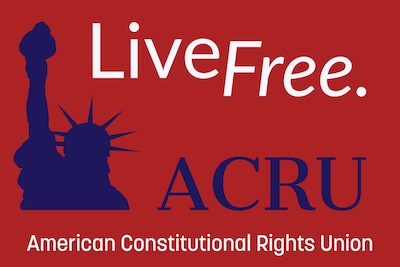ACRU Files Amicus Brief to Uphold Immigration Law
ACRU strongly believes that the rule of law is foundational to a well-functioning and safe society. ACRU asserts that without the ability to rid society of criminal aliens who have violated the law, this rule of law is unable to be upheld. ACRU further believes that state and local law enforcement is empowered to work with the federal government to uphold this rule of law, and that the ability to continue to detain criminals who are wanted by the federal government is of paramount importance.

